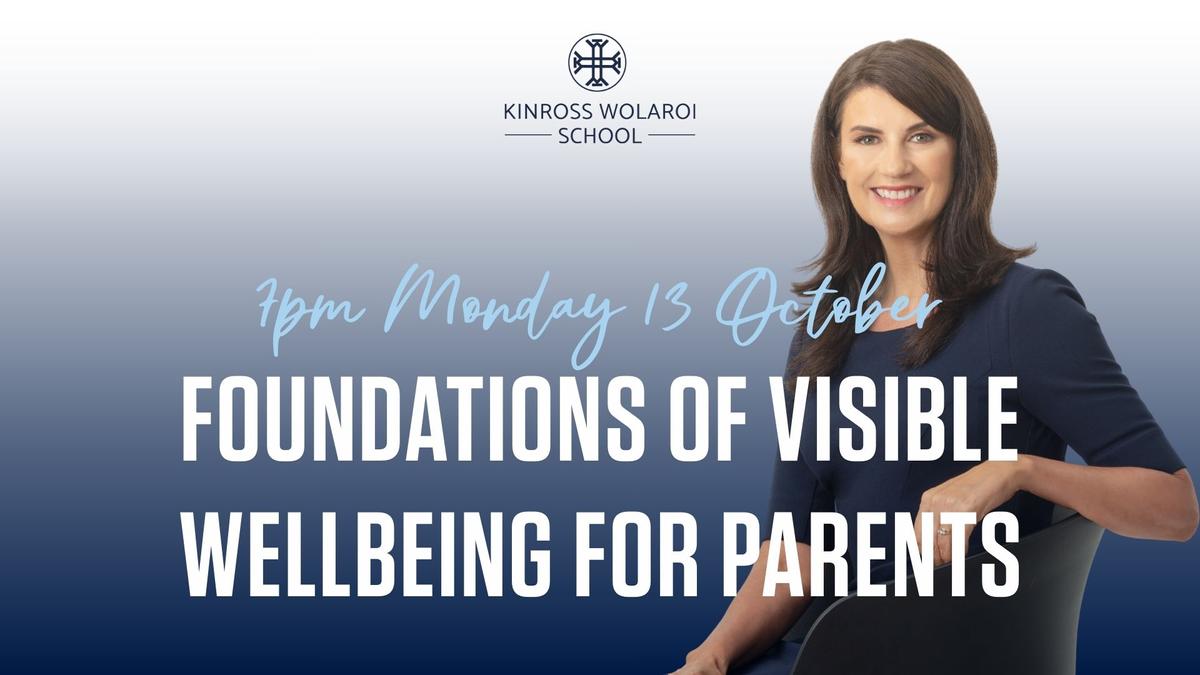Wellbeing
Ms Olivia Kite, Director of Wellbeing

Wellbeing
Ms Olivia Kite, Director of Wellbeing
In Professor Lea Waters’ Visible Wellbeing SEARCH Framework, one of the central pillars is Habits and Goals. For school-aged children, developing positive daily habits and learning how to set and work towards meaningful goals are crucial steps in building resilience, motivation, and success—both inside and outside the classroom.
Habits are the small, repeated actions that shape children’s routines and behaviours over time. Whether it’s packing a school bag the night before, setting aside regular time for homework, or practicing gratitude at the end of the day, these repeated patterns build stability and confidence. Good habits reduce stress, free up mental energy for learning, and encourage independence. Importantly, habits are most powerful when they are consistent; even small actions, done regularly, create a foundation for children to thrive.
Goals, on the other hand, give children a sense of direction and purpose. When children set realistic and meaningful goals—whether academic, personal, or extracurricular—they learn to plan, prioritise, and stay motivated. Goal-setting helps children understand the link between effort and achievement, building persistence and self-belief. Importantly, goals should be specific, achievable, and celebrated when progress is made. Achieving small milestones along the way fosters confidence and reinforces the value of sustained effort.
The combination of habits and goals is especially powerful in relation to learning. For example, a child who develops the habit of reviewing notes for 10 minutes each night is better equipped to achieve their goal of improving in a subject area. Similarly, a student who sets a goal to participate more in class discussions may build the habit of preparing questions before lessons. Together, habits and goals reinforce each other: habits make goals achievable, and goals provide the motivation to sustain habits.
Research shows that children who learn to create positive habits and set goals are more likely to feel in control of their learning, show greater persistence when faced with challenges, and experience higher levels of wellbeing. These skills also nurture important lifelong qualities such as responsibility, organisation, and adaptability.
Parents play an important role in supporting this process. Encouraging children to set age-appropriate goals, celebrating effort as well as achievement, and modelling positive daily habits at home can all help children flourish. By embedding habits and goals into their daily lives, children are empowered not just to succeed academically, but also to build the confidence and resilience they need to thrive in all areas of life.


Join us for this essential session for our parents to discover the foundations of the School's new Visible Wellbeing approach.
Visible Wellbeing is built on 20 years of high-impact research in psychology and education by Professor Lea Waters, PhD. It is an evidence-based program that integrates the science of wellbeing with the science of learning, making wellbeing visible in every classroom and across co-curricular activities.
During this session, Lea will share practical, easy-to-use strategies that parents can apply at home to support their children’s wellbeing, helping them thrive both academically and personally.
Don’t miss this opportunity to gain insights from one of the world’s leading experts in the field and to actively support your child’s wellbeing journey.
SAVE THE DATE: Evening session - 13 October 2025, Performance Theatre
More details soon.